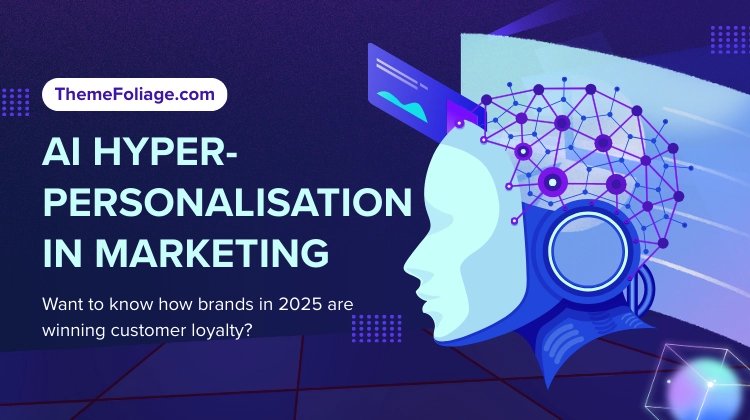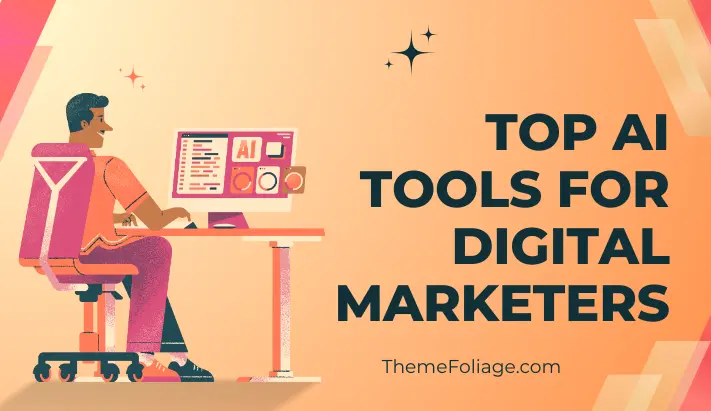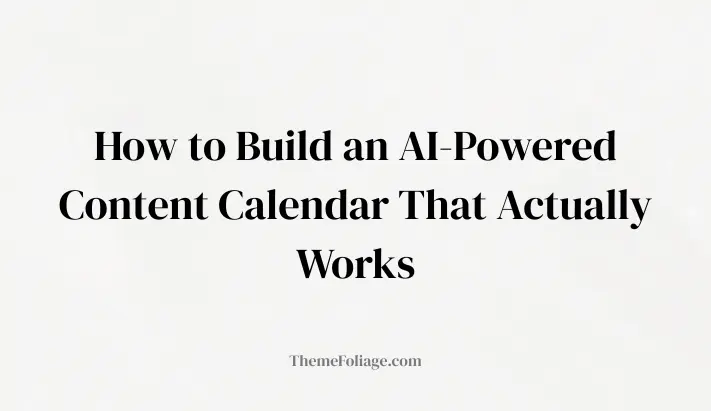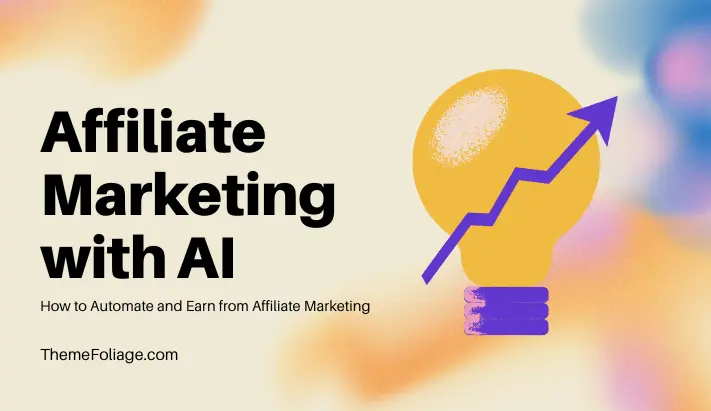In 2025, personalisation has evolved far beyond inserting a customer’s first name into an email. With the rise of artificial intelligence, hyper-personalisation has become a cornerstone of digital marketing.
By leveraging predictive analytics, behavioural data and machine learning, businesses can now deliver experiences that feel uniquely tailored to each individual.
What Is AI Hyper-Personalisation?
AI hyper-personalisation in marketing refers to the use of artificial intelligence to analyse customer data in real time and deliver highly customised content, product recommendations and offers.
Unlike traditional segmentation, which groups customers into broad categories, hyper-personalisation treats each customer as a segment of one.
According to WordStream, “Hyper-personalisation will happen at scale, with AI models processing vast amounts of consumer behaviour data to deliver real-time adjustments to customer experiences.” This shift is redefining how brands engage with audiences.
Why Hyper-Personalisation Matters in 2025
Consumers expect relevance. A survey by Epsilon found that 80% of customers are more likely to purchase from a brand that offers personalised experiences.
In 2025, with AI tools embedded in advertising platforms, websites and CRMs, delivering generic campaigns is no longer acceptable.
Hyper-personalisation matters because it:
- Increases engagement by showing customers what they want, when they want it.
- Boosts conversions by aligning offers with intent signals.
- Enhances loyalty by making customers feel understood.
- Reduces wasted ad spend by targeting only the most relevant audiences.
Key AI Tools Driving Hyper-Personalisation
The prices listed below are subject to change. The administrators of the said tools can change the pricing at any time. Visit their official website for the latest and updated pricing info.
- Dynamic Yield (from $200/month) Provides real-time website personalisation, adapting homepages, product recommendations and CTAs based on user behaviour.
- Adobe Target (custom pricing) Offers AI-driven A/B testing and multivariate testing to refine personalisation strategies.
- Salesforce Einstein (from $25/month per user) Integrates predictive analytics into CRM workflows, enabling sales and marketing teams to anticipate customer needs.
- Persado (custom pricing) Uses AI to generate emotionally resonant marketing language tailored to audience segments.
- Optimizely (from $50/month) Provides experimentation and personalisation tools powered by AI insights.
Real-World Examples of AI Hyper-Personalisation
- E-commerce: An online clothing retailer uses AI to detect that a visitor has been browsing jackets. On their next visit, the homepage highlights the latest jacket arrivals and offers a discount code.
- Streaming Services: Platforms like Netflix use AI to recommend shows based on viewing history, but in 2025, recommendations also adapt to time of day and mood signals.
- Email Marketing: AI tools generate subject lines tailored to each recipient’s past open behaviour, increasing open rates by up to 30%.
Overcoming Challenges
Despite its benefits, AI hyper-personalisation faces challenges:
- Data Privacy: With stricter regulations, marketers must balance personalisation with compliance.
- Data Quality: Poor data leads to irrelevant recommendations.
- Over-Personalisation: Excessive targeting can feel intrusive.
Marketers must adopt transparent practices, ensure data accuracy, and strike a balance between helpful and invasive.
The Future of Hyper-Personalisation
Looking ahead, hyper-personalisation will become even more dynamic. Content will adapt not only to user behaviour but also to external factors such as weather, location and global events.
AI will simulate campaign outcomes before launch, allowing marketers to refine strategies with unprecedented accuracy.
As Forbes noted, “In 2025, we’ll see the emergence of truly dynamic content that transforms based on viewer behaviour, time of day, or even global events.” This represents the next frontier of marketing personalisation.
Final Thoughts
AI hyper-personalisation in marketing is no longer optional, it is essential. By adopting the right tools and strategies, businesses can deliver experiences that resonate deeply with customers, driving engagement, conversions and loyalty.
The brands that succeed in 2025 will be those that embrace AI not just as a tool, but as a strategic partner in creating meaningful, personalised connections.



